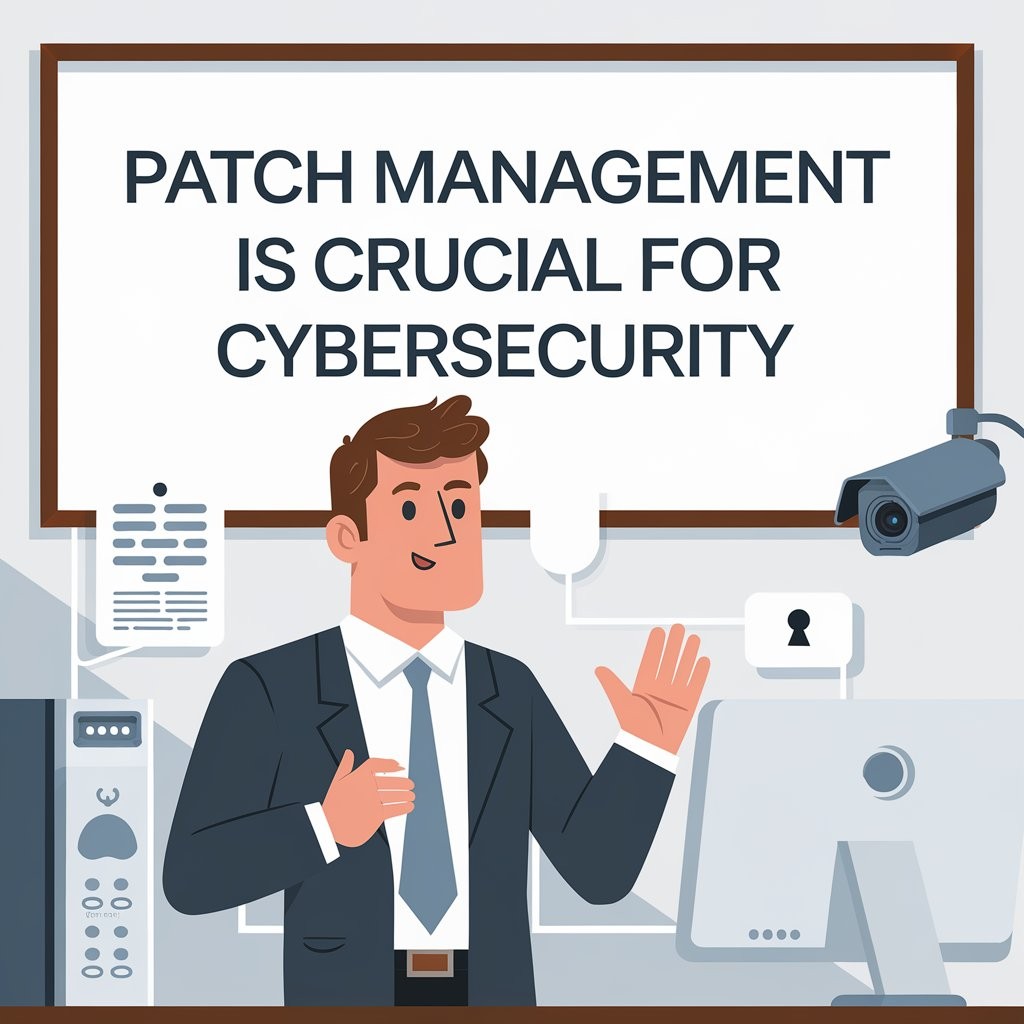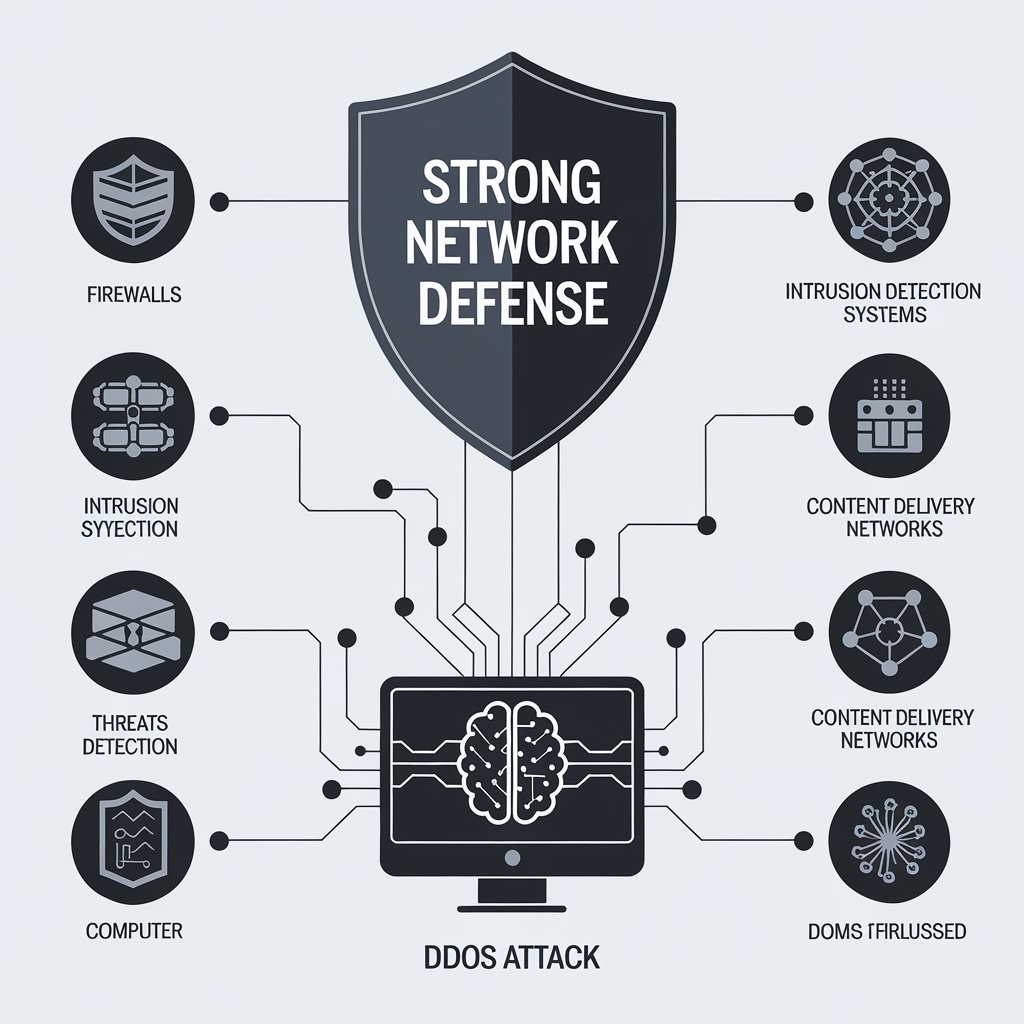Top cybersecurity compliance standards
Success Stories
10 Min Read
Top Cybersecurity Compliance Standards: Ensuring Security and Regulatory Adherence In today’s digital landscape, organizations are increasingly under pressure to meet cybersecurity compliance standards. These standards not only help protect sensitive data but also ensure that businesses adhere to legal and regulatory requirements. Compliance with these standards is vital for avoiding fines, mitigating risks, and demonstrating a commitment to cybersecurity best practices. Here are the top cybersecurity compliance standards that businesses should be aware of:
1. General Data Protection Regulation (GDPR)
Region: European Union (EU)
Overview: The GDPR is one of the most stringent and widely recognized data protection regulations. It applies to organizations operating within the EU or those that handle the personal data of EU citizens. The regulation focuses on protecting the privacy of individuals and includes stringent requirements for data handling, consent, storage, and the right to be forgotten.
Key Requirements:
Obtain explicit consent before collecting personal data.
Ensure transparency in data processing and usage.
Implement data breach notification protocols within 72 hours of discovering a breach.
Appoint a Data Protection Officer (DPO) for certain organizations.
Implement strong data protection measures and privacy by design.
Penalties: Failure to comply with GDPR can result in fines of up to €20 million or 4% of annual global turnover, whichever is higher.
2. Health Insurance Portability and Accountability Act (HIPAA)
Region: United States
Overview: HIPAA is a U.S. law that regulates the handling of protected health information (PHI). Healthcare organizations, including hospitals, insurance companies, and healthcare providers, must adhere to HIPAA requirements to ensure that patient information is protected and handled confidentially.
Key Requirements:
Ensure PHI is securely stored and transmitted.
Implement strong access controls and authentication mechanisms.
Conduct regular risk assessments to identify vulnerabilities.
Develop a breach notification policy to inform affected individuals.
Encrypt data both in transit and at rest.
Penalties: Violations of HIPAA can lead to civil and criminal penalties ranging from fines to imprisonment, depending on the severity of the breach.
3. Payment Card Industry Data Security Standard (PCI DSS)
Region: Global
Overview: The PCI DSS sets guidelines for securely processing, storing, and transmitting credit card information. Organizations that handle credit card payments, including retailers and financial institutions, must comply with PCI DSS standards to protect customer payment data.
Key Requirements:
Encrypt cardholder data both in transit and at rest.
Implement firewalls and strong access control mechanisms.
Conduct regular vulnerability scans and penetration testing.
Maintain a secure network to protect against external threats.
Establish an incident response plan for data breaches.
Penalties: Non-compliance with PCI DSS can result in hefty fines, reputational damage, and even loss of the ability to process credit card payments.
4. Federal Information Security Modernization Act (FISMA)
Region: United States
Overview: FISMA applies to federal agencies and contractors that manage federal data. The law establishes a framework for securing government systems and mandates the use of cybersecurity best practices to protect government information.
Key Requirements:
Develop and maintain an information security program.
Conduct risk assessments and classify information based on its sensitivity.
Implement continuous monitoring to detect security threats.
Ensure compliance with NIST (National Institute of Standards and Technology) security standards.
Penalties: Non-compliance can result in losing government contracts and facing legal consequences.
5. ISO/IEC 27001
Region: Global
Overview: ISO/IEC 27001 is an international standard for information security management systems (ISMS). It provides a framework for managing and protecting sensitive company information, ensuring that cybersecurity practices are embedded in organizational culture and operations.
Key Requirements:
Develop an information security management system (ISMS) to ensure confidentiality, integrity, and availability of data.
Implement a risk management process for identifying and mitigating security threats.
Ensure continuous monitoring and improvement of security controls.
Conduct regular internal audits to assess compliance and identify areas for improvement.
Penalties: While ISO/IEC 27001 is not legally binding, non-compliance can affect business reputation and customer trust.
6. Sarbanes-Oxley Act (SOX)
Region: United States
Overview: SOX is a U.S. federal law designed to protect investors from fraudulent accounting activities by corporations. It includes requirements for safeguarding financial data and ensuring the integrity of financial reporting systems.
Key Requirements:
Implement controls to secure financial data and prevent unauthorized access or tampering.
Maintain accurate and up-to-date records of financial transactions.
Conduct regular internal and external audits of financial systems and controls.
Establish a process for reporting and investigating any discrepancies or unauthorized activities.
Penalties: Non-compliance can lead to significant fines, criminal charges, and potential jail time for executives involved in fraudulent activities.
7. NIST Cybersecurity Framework (CSF)
Region: United States (Widely adopted globally)
Overview: The NIST Cybersecurity Framework (CSF) provides guidelines for improving the cybersecurity posture of organizations. While not a regulatory requirement, many organizations voluntarily adopt NIST CSF as a best practice, especially those in industries such as finance, healthcare, and government.
Key Requirements:
Develop a cybersecurity risk management strategy based on the five core functions: Identify, Protect, Detect, Respond, and Recover.
Establish risk-based decision-making processes for cybersecurity.
Implement continuous monitoring and improve security controls over time.
Develop a cybersecurity incident response plan.
Penalties: While voluntary, failure to adhere to NIST guidelines can impact contracts, especially with government agencies.
8. General Data Protection Law (LGPD)
Region: Brazil
Overview: The LGPD is Brazil's data protection regulation, similar to GDPR. It governs the processing of personal data within Brazil and applies to businesses worldwide that handle Brazilian citizens' data.
Key Requirements:
Obtain explicit consent before collecting personal data.
Allow individuals to access, correct, and delete their personal data.
Implement security measures to protect personal data from breaches.
Establish a data breach notification protocol.
Penalties: Failure to comply with the LGPD can result in fines of up to 2% of a company’s revenue in Brazil, capped at R$50 million (approximately USD $10 million).
9. Cybersecurity Maturity Model Certification (CMMC)
Region: United States
Overview: CMMC is a cybersecurity standard for defense contractors in the U.S. Department of Defense (DoD). It requires companies to meet certain cybersecurity maturity levels depending on the type of information they handle, particularly Controlled Unclassified Information (CUI).
Key Requirements:
Implement cybersecurity practices according to five maturity levels, ranging from basic security controls to advanced cybersecurity techniques.
Conduct regular risk assessments and implement robust protection for sensitive information.
Ensure that subcontractors meet cybersecurity standards as well.
Penalties: Failure to comply with CMMC standards can result in loss of DoD contracts and the inability to participate in government bidding processes.
10. California Consumer Privacy Act (CCPA)
Region: California, USA
Overview: The CCPA provides California residents with increased control over their personal data. It requires businesses to disclose the data they collect, offer opt-out mechanisms, and protect consumer data from unauthorized access.
Key Requirements:
Provide transparency about the personal data collected and how it is used.
Allow consumers to opt-out of data sharing or selling.
Implement strong data security measures to protect consumer information.
Offer consumers the ability to access, delete, or correct their data.
Penalties: Non-compliance can result in fines of up to $7,500 per violation, along with possible class-action lawsuits. audit3aa
Join our newsletter list
Sign up to get the most recent blog articles in your email every week.








